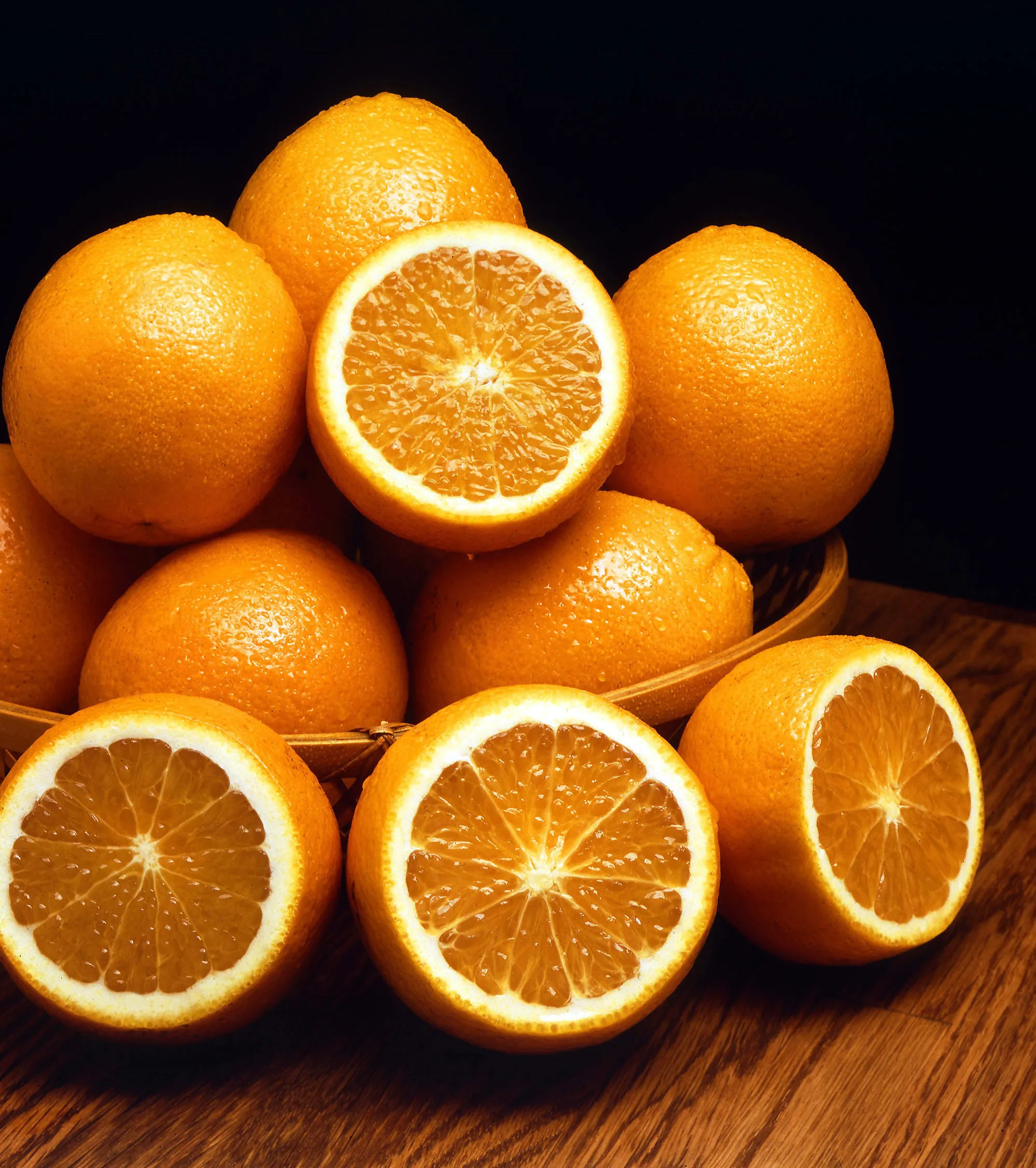Blog
Calcium and Your Colon: How Calcium Just Might Save Your Life
By Emily Carver, Recent ASU Nutrition Student
When thinking about calcium, the first thought that generally comes to mind is milk and bones.
Growing up, we’re told calcium has a great and positive impact on our bones, and this is true. When children, up through their teen years, consuming the proper amount of calcium, their bones will become strong, which can help keep them from randomly breaking. Most, if not all, people want strong, healthy bones that won’t fail them when they take a step off the curb.

What some might not realize about calcium is it can also have a great and positive impact on the colon. The topic of colon health isn’t exactly a topic to discuss around the dinner table like bones might be, however, it’s a discussion worth having. Colon cancer appears to be on the rise among young adults, and the question as to why is still being asked. It’s worth noting that colon cancer diagnoses in the United States has decreased, yet is steadily increasing among adults between the ages of 20-39.
Perhaps it’s the packaged, preprocessed foods being consumed. Or, certain types of products being used; one cannot know for certain, but regardless of what one may have done in the past, changes can be made now, for a more promising future for your colon.
Consume more calcium. The daily recommended intake of calcium for adults 19-50 years old, is 1,000mg. How much is 1,000mg exactly? It’s drinking just under a quart of 2% milk each day. Quite a lot of milk. If drinking that much milk a day leaves a sour taste in your mouth, then consider the following options as great calcium-rich alternatives.
- 2 ½ Tbsp. grated cheddar cheese – (307mg)
- 8oz plain yogurt, low fat – (415mg)
- 1 cup white beans – (191mg)
- 2 cups cooked kale – (188mg)
- 1 orange – (65mg)
- 1 cup raw broccoli – (62mg)
- 1 cup cottage cheese – (138mg)
- 2 ½ Tbsp. mozzarella, part skim – (333mg)
It’s easy to see just how simple it is to get the necessary amount of calcium through a variety of nutritious sources. By consuming any number of these common foods each day, you’ll not only get the calcium you need, but also a variety of important vitamins and minerals your body needs to remain healthy and strong. With studies showing that consuming the proper amount of calcium can reduce the risk of colon cancer, it’s easy to want to get on board the calcium-consuming train.
Cancer is a scary thing, and colon cancer is no exception. With it being the third most common cancer in the United States and the second leading cause of cancer-related deaths, it’s one to
take very seriously. If you have a family history of colon cancer or feel like the common symptoms the Mayo Clinic list of: blood in your stool, a change in your bowel habits that lasts longer than four weeks, or constant stomach discomfort, like cramps and pain might be symptoms you’re currently dealing with, contacting your doctor to discuss the possibility for a colonoscopy might be worth it.
Four additional ways to reduce your risk. Beyond calcium, some additional ways you can help reduce your risk are maintaining a healthy weight and by exercising on a regular basis. Avoid smoking at all costs. Get regular screenings, and finally consume foods high in fiber, such as leafy green vegetables and a variety of fruits. Colon cancer is one of the more preventable cancers when you take charge of your health, get regular screenings, and eat a well-balanced diet that’s full of the nutrients your body needs.
So, let’s stop that colon cancer number from rising. Grab that orange, eat your broccoli, walk up that flight of stairs, and let’s make our colons happy once and for all.
















